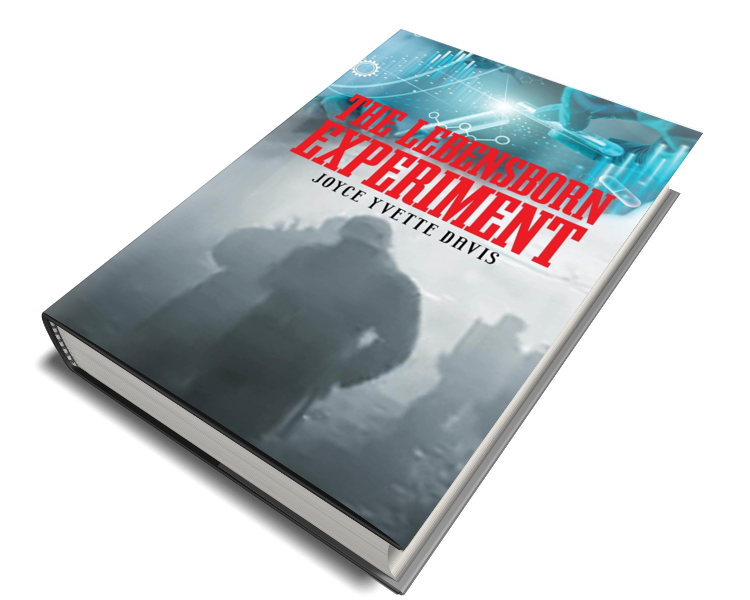“The Lebensborn Experiment, Book 1: WWII” by Joyce Yvette Davis is written as a thriller, but beneath the story there are powerful moral and life lessons that come through. Here are the main ones hidden in the narrative
In the gripping narrative of “The Lebensborn Experiment, Book 1: WWII,” readers are drawn into a world where ambition, science, and morality collide in a chilling portrayal of human nature. At the heart of this thriller lies a profound exploration of powerful moral lessons that resonate far beyond the pages of the book. The characters, particularly Colonel Otto Strauss and Dr. Weiss, serve as cautionary tales of how blind ambition and the misuse of knowledge can lead to devastating consequences.
As the story unfolds, it becomes clear that unchecked ambition corrupts not only the individual but also the society that allows such ambition to flourish.
The narrative also delves into the realm of science, showcasing the character of Dr. Weiss, whose brilliance is overshadowed by his obsession with the Nazi dream of domination. His creation of a serum, while a scientific marvel, is ultimately twisted by his lack of ethical grounding. The chilling foresight he displays in developing an antidote to eliminate those he revives reveals a profound truth: knowledge without compassion can lead to devastation. The story underscores the necessity of ensuring that scientific advancements are always accompanied by a strong ethical framework, as the consequences of neglecting this principle can be catastrophic.
Amidst the darkness, “The Lebensborn Experiment, Book 1: WWII” also offers a glimmer of hope through the character of Hans, the doctor’s nephew. His unwavering faith and innocence stand in stark contrast to the moral decay surrounding him. Despite enduring unimaginable horrors, Hans embodies the resilience of the human spirit, illustrating that love, faith, and innocence can prevail even in the darkest of times.
This powerful lesson serves as a reminder that true strength lies not in intellect or power, but in the capacity for compassion and humanity. Ultimately, the book warns against the perils of unchecked ambition, hatred, and the misuse of science, while simultaneously celebrating the enduring power of faith, love, and dignity in the face of adversity.


